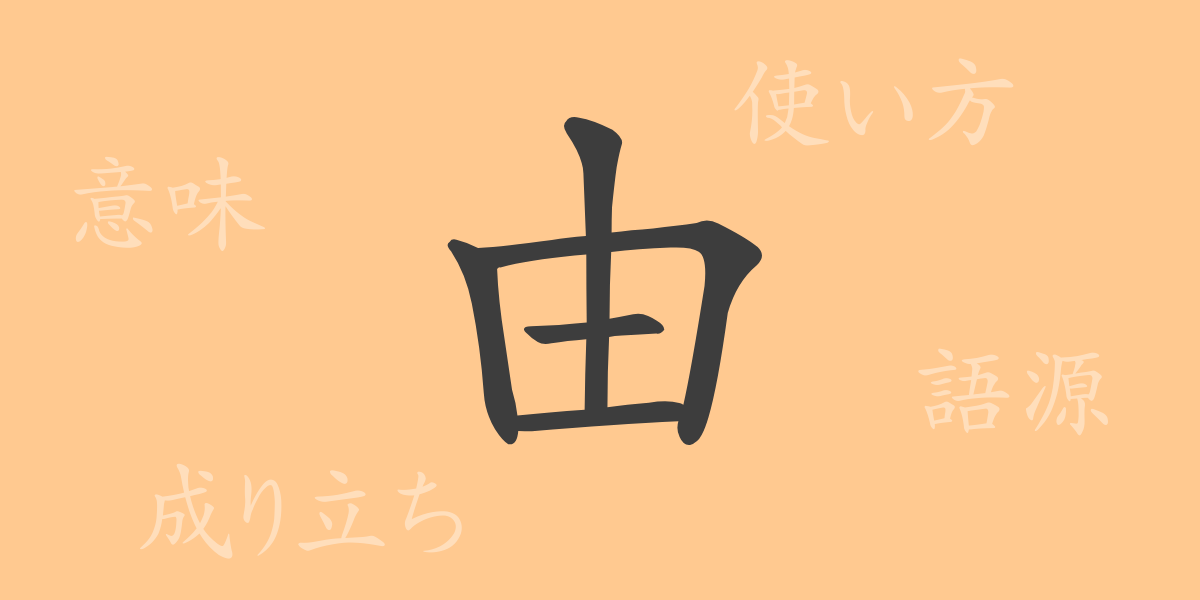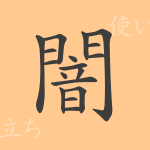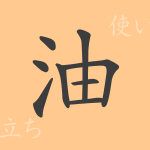The meaning embedded in a single kanji character is like a story woven by its form and history. The kanji “由” (yu) is frequently used in our daily lives and plays a crucial role in conveying various expressions and emotions. In this article, we delve into the origins, meanings, usage, and even idioms and proverbs related to the extensively used kanji “由” (yu).
Origins of 由 (yu)
The kanji “由” (yu) originates from ancient pictographs. It originally depicted a hand pulling a thread, which evolved to signify “the beginning of an event” or “reason.” Over time, its form has changed, settling into the shape we recognize today.
Meaning and Usage of 由 (yu)
The kanji “由” (yu) primarily means “reason” or “origin.” It is also used to express causation or origin in phrases like “〜によって” (ni yotte) or “〜に由来する” (ni yurai suru). This kanji is an indispensable element when explaining the root or background of matters.
Reading, Stroke Count, and Radical of 由 (yu)
The kanji “由” (yu) is widely used as a common kanji in Japan, and its readings and strokes are as follows:
- Reading: In on’yomi (音読み), it is read as “ユウ” (yuu), and in kun’yomi (訓読み), it is read as “よし” (yoshi) or “よる” (yoru).
- Stroke count: The kanji “由” (yu) consists of 5 strokes.
- Radical: The radical of this kanji is “田” (ta), but “由” (yu) itself also functions as a radical.
Idioms, Idiomatic Expressions, and Proverbs Using 由 (yu)
There are numerous idioms, idiomatic expressions, and proverbs that include the kanji “由” (yu), each showcasing the richness of Japanese expressions. For example, “由緒正しい” (yūsho tadashii) means having a long history and high status, “無由” (muyū) means having no reason, and “由来を辿る” (yurai o tadoru) means tracing the origin. These words are indispensable in conveying the intricacies of the Japanese language.
Summary of 由 (yu)
The kanji “由” (yu) holds profound meanings and uses that one might not expect from its simple form. As an expression of reason or origin, and as a component of many idioms and proverbs, this kanji is a cornerstone of communication in the Japanese language. We hope that through this exploration, you have gained a glimpse into the multifaceted aspects of “由” (yu).

























